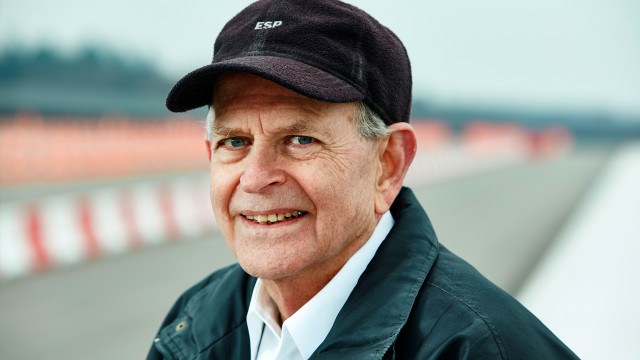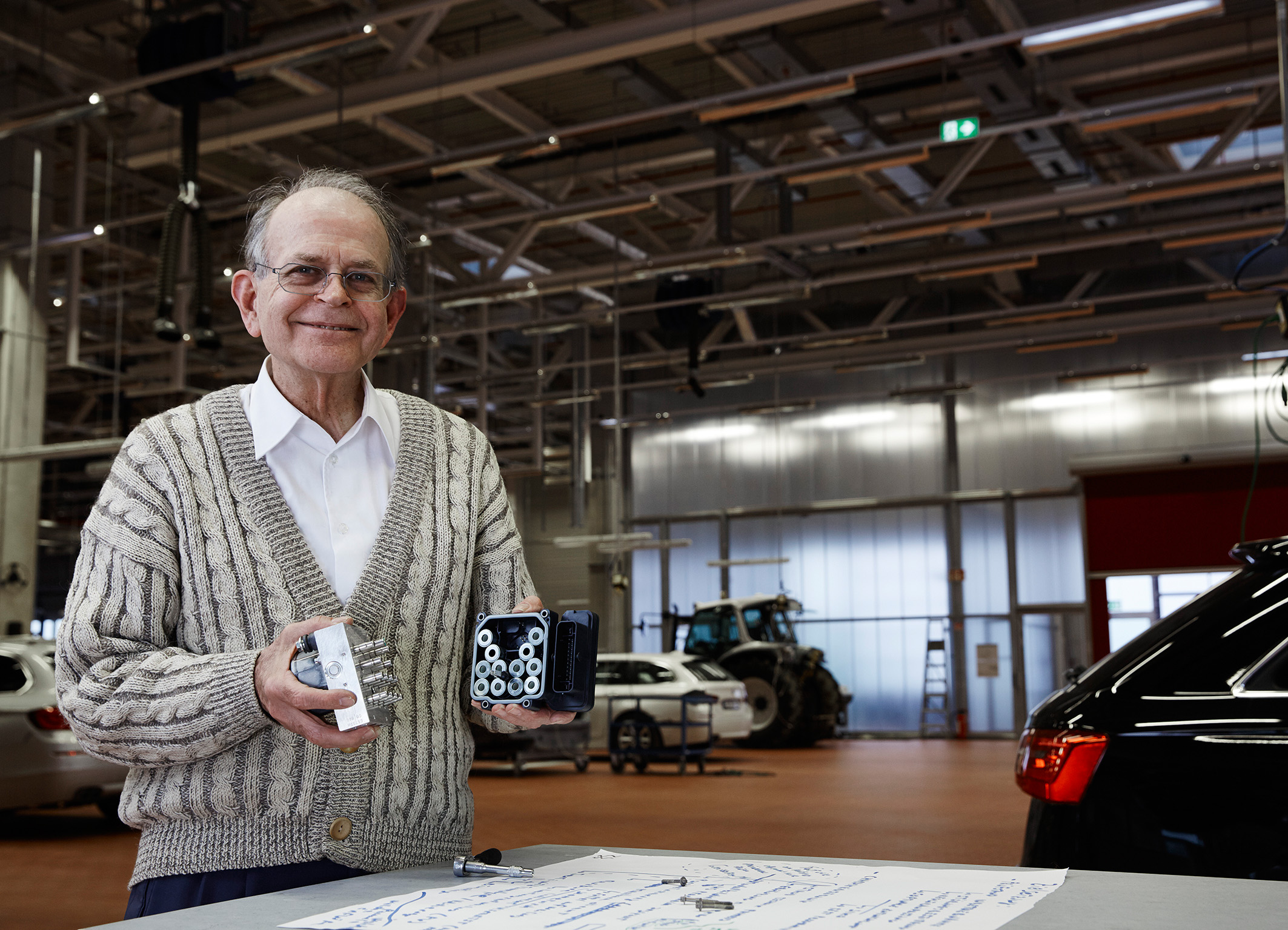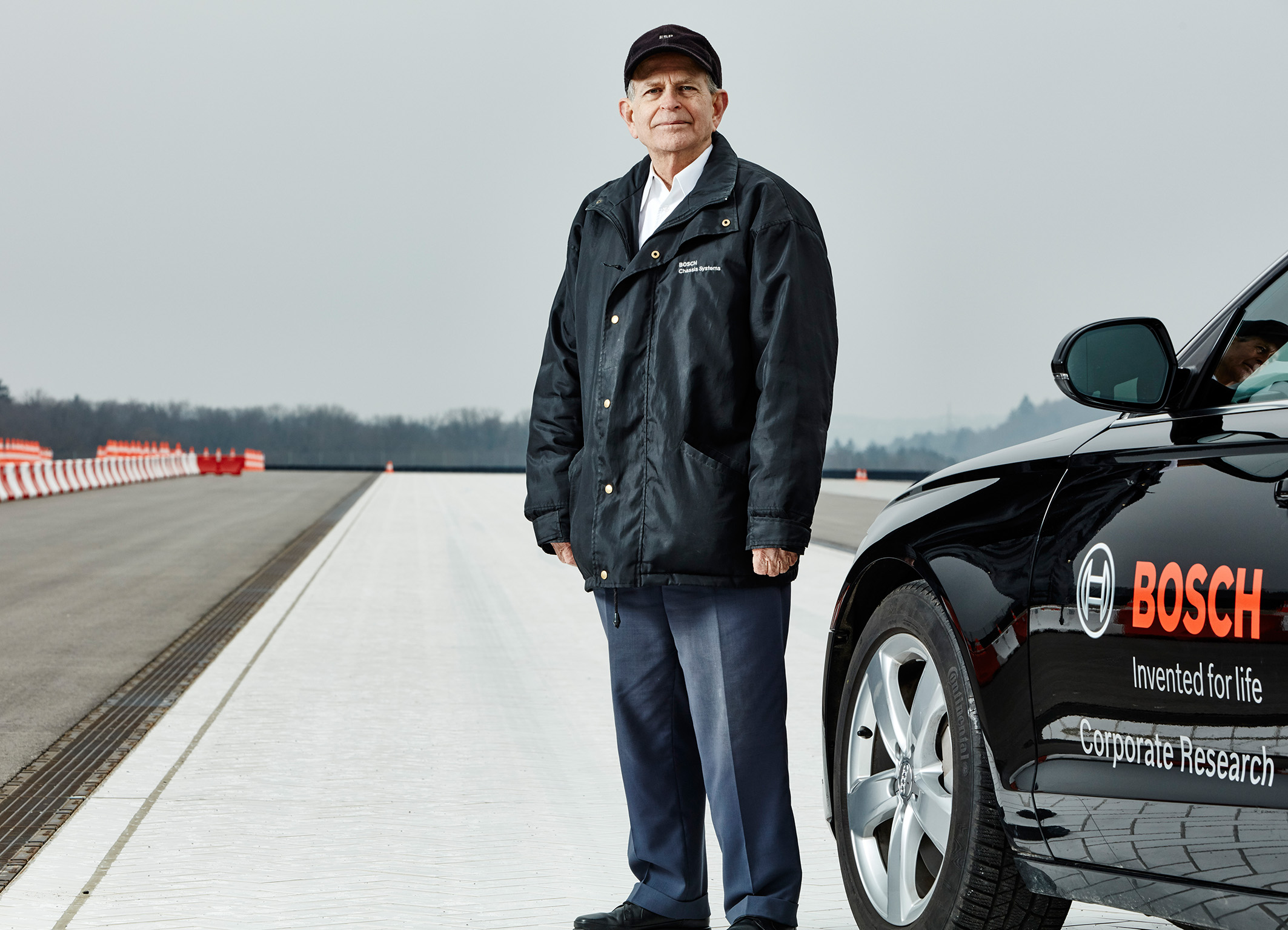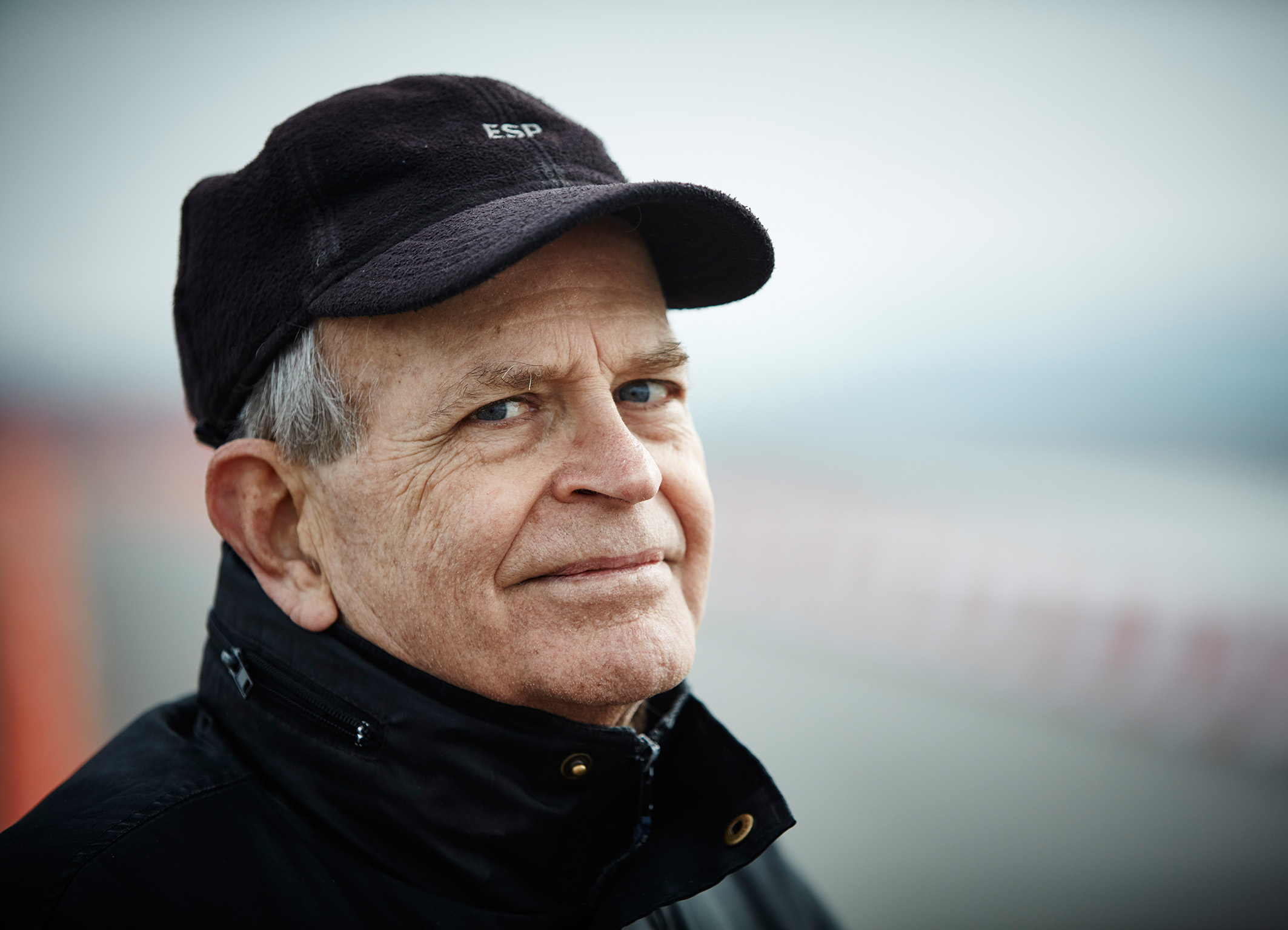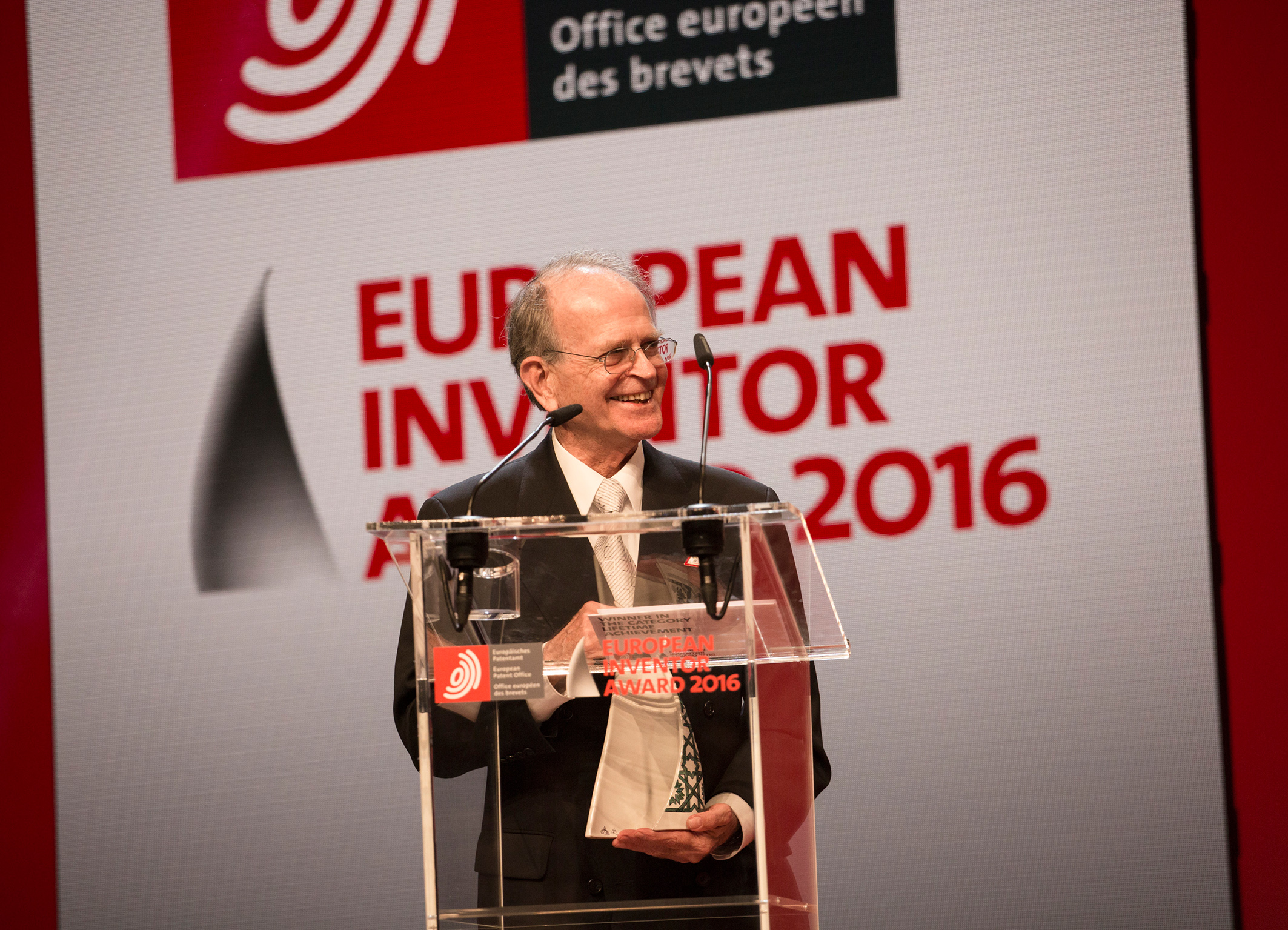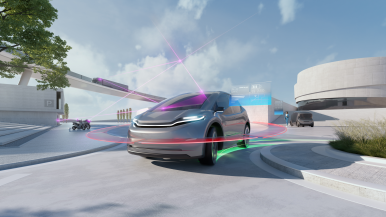Stuttgart, Germany/Lisbon, Portugal – In Lisbon, Anton van Zanten was honored for his invention of the ESP electronic stability program with the 2016 European Inventor Award. The award, which is conferred by the European Patent Office (EPO), was presented to him in the “Lifetime achievement” category. The Dutch native developed the anti-skid system as the head of a 35-member research group at Bosch, during a career that spanned more than 25 years. The system was first featured as standard equipment in the Mercedes-Benz S600 in 1995. “Anton van Zanten and his engineering colleagues are the guardian angels of many drivers,” said Dr. Volkmar Denner, the chairman of the board of management of Robert Bosch GmbH, in praise not only of the award-winner, but also of the team effort behind the innovation. “The invention of ESP stands for our Invented for life ethos like few others,” the Bosch CEO said. In Europe alone, ESP has saved more than 8,500 lives and prevented more than a quarter of a million traffic accidents to date. That makes anti-skid protection the most important vehicle safety system after the seat belt – more important even than the airbag.
ESP is standard equipment in vehicles in a growing number of countries
Using smart sensors, ESP compares 25 times per second whether the car is actually moving in the direction that the driver is steering it in. If the measured values do not match, the anti-skid system intervenes, initially reducing engine torque. If that is not sufficient, it additionally brakes individual wheels, generating the counterforce needed to keep a vehicle safely on course. If all vehicles were equipped with the anti-skid system, up to 80 percent of all skidding accidents could be prevented. Since November 1, 2014, ESP has been mandatory within the European Union for all newly registered cars and light commercial vehicles weighing up to 3.5 metric tons. In addition to the EU, the anti-skid system is also mandatory in Australia, Canada, Israel, New Zealand, Russia, South Korea, Japan, Turkey, and the United States. Worldwide, 64 percent of all new vehicles are therefore already equipped with ESP. Bosch has manufactured more than 150 million ESP systems to date.
Career with many inventions and awards
By inventing the electronic stability program, Anton van Zanten and his development team at Bosch did more than just lay the foundation for greater road safety. The system is also the basis for todays driver assistance systems and automated driving. Increasing automation presents an opportunity to lower accident rates even further – by up to a third in Germany alone. ESP is Anton van Zantens greatest success, but by far not his only achievement. The 75-year-old is the very epitome of an inventor. During his career as an automotive engineer, he was responsible for some 180 patent families. Along with ESP, his inventions include electronic rollover mitigation and trailer sway mitigation. Anton van Zanten entered into active retirement in 2003. To this day, he continues to lecture on vehicle systems at universities and act as a consultant for automotive companies. For his contributions to automotive safety, Anton van Zanten has already received numerous awards. However, the European Inventor Award, which pays tribute to his lifes work, is of particular significance.
Eleventh edition of the European Inventor Award in five categories
The European Inventor Award has been presented since 2006. It is the EPOs way of honoring researchers, scientists, technicians, and inventors whose inventions have been patented by the EPO and have made an outstanding contribution to scientific, technical, and social progress. What makes it unusual is that any member of the public can nominate an inventor for the award. From the nearly 400 nominees from a total of 13 countries in 2016, an independent, international jury selected the 15 finalists. The jury also decides the winners in the five categories “Industry,” “Small and medium-sized enterprises (SMEs),” “Research,” “Non-European countries,” and “Lifetime achievement.” The winners of the European Inventor Award receive a trophy shaped like a sail as a symbol of discovery and human ingenuity. The trophy is crafted with new materials every year.

